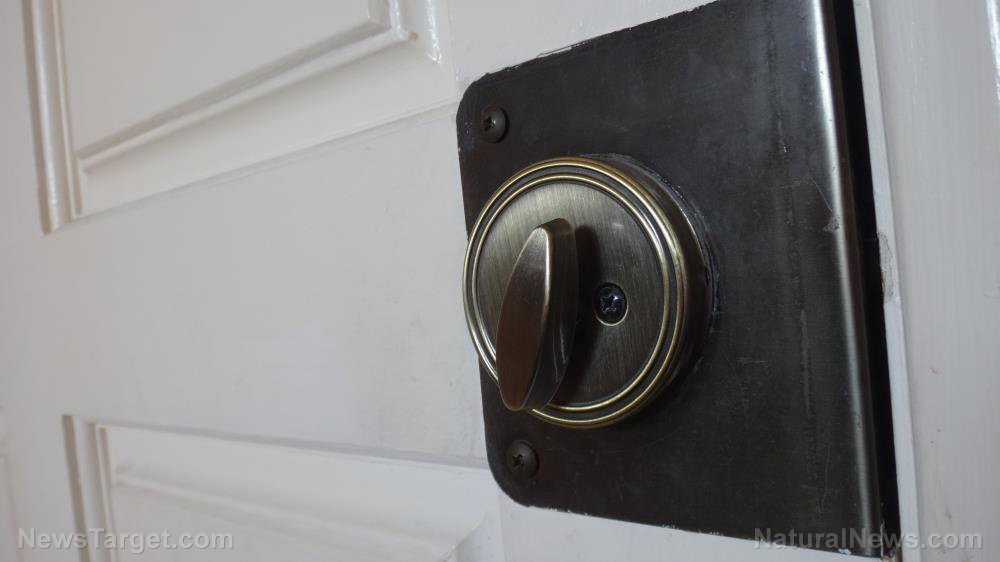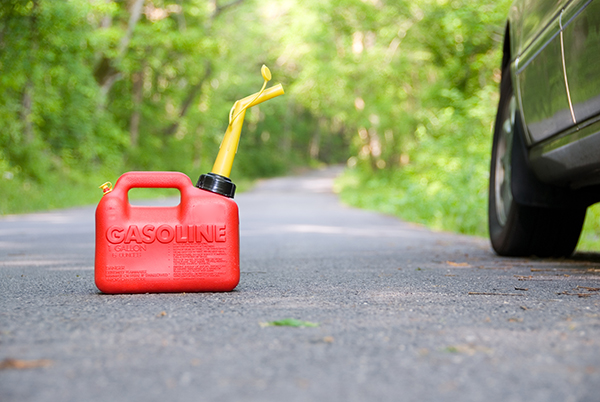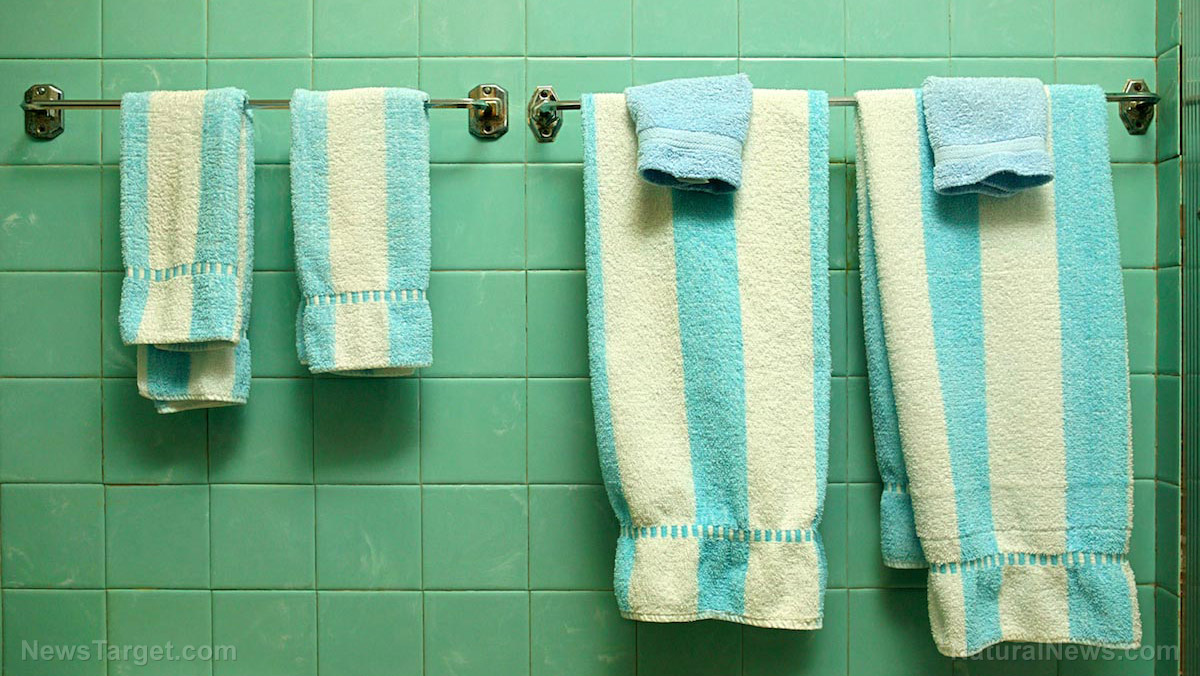
When SHTF, your home becomes your sanctuary, which is why it's important that it becomes a fortress. The security a fortified home provides can increase your chances of surviving a disaster. Here are nine ways to reinforce your home against external threats. (h/t to UrbanSurvivalSite.com)
Install an alarm system
Just the sound of an alarm going off can send any intruder running. While alarms may not be enough to frighten the most determined of home invaders, what it can do is call your attention. If you have trustworthy neighbors, they might hear the alarm too and check on you. Hearing an alarm prevents an intruder from sneaking into your home. It gives you time to figure out how to defend yourself.
Put up fences
If you have a fence surrounding your property, possible intruders will have to put in more effort to get in. Many fences will be easy to scale and get through, so consider investing in more elaborate perimeter fences such as barbed wires, razor wires or electric fences. This requires a considerable investment, which is why it's a good idea to start early. (Related: Staying safe when SHTF: How to defend your Bug Out Location.)
Reinforce your doors
Points of entry are the weakest parts of a home and are obvious targets for any intruder. Therefore, you should definitely fortify them. Consider replacing your door locks with stronger ones. Get a second lock, a dead bolt if possible, for added protection. If you're willing to invest in it, you can even get a security door installed.
Reinforce your windows
Windows are another common point of entry. If you have a strong door, an intruder might consider breaking through a window instead. Installing metal security bars can be enough of a deterrent. It may ruin the aesthetics of your home, but beauty should come second to utility when SHTF.
Plant deterrents underneath your windows
It's important to reiterate that windows are weak. On top of security bars, place a cactus, thorny bush or any other prickly plant by each window for extra protection. They may be enough to at least make an intruder think twice before going through. The plant may injure the intruder while he's crawling through and the ruffling sound may warn you that somebody's trying to get in.
Secure your chimney
Entering a chimney isn't out of the question. While not everybody has one in their home, some who do tend to neglect fortifying it. A desperate intruder will consider every avenue of entrance, including a chimney. Consider installing metal bars or sealing off your chimney altogether, save for a small hole to let smoke escape.
Don't forget your garage door
If you plan on storing supplies or any valuables in your garage, securing it is essential. Even if you plan to empty out your garage, it's still important to keep intruders out of it because it's an extra layer of defense between them and yourself. Install door stops or fortification bars. Alternatively, you can invest in early warning systems like motion sensing lights.
Strengthen your walls
An intruder isn't likely to barge into your home by blowing a hole into your wall. However, strong, thick walls can still provide effective defense, especially if you have an intruder with a gun. If they open fire at your house, wood and drywall won't stop bullets the way stone, brick and concrete walls can.
Invest in good firearms
You are your own last line of defense. This means you need to invest in good firearms for self defense. When you're faced with a home intruder, the first person to shoot may get out alive. Make sure that person is you. Fortifying your home is crucial, but any line of defense can still be overcome. If the intruder manages to reach you, you should be ready to meet him with a good firearm to make him think twice about taking another step.
Well-fortified homes stick out like sore thumbs. This itself may be a deterrent. If a criminal sees your home and thinks it would take too much effort to break into, they will most likely bolt. However, the most determined of criminals won't give up easily. For those kinds of people, you'll be thankful that you invested in proper home security.
Sources include:
Please contact us for more information.





















